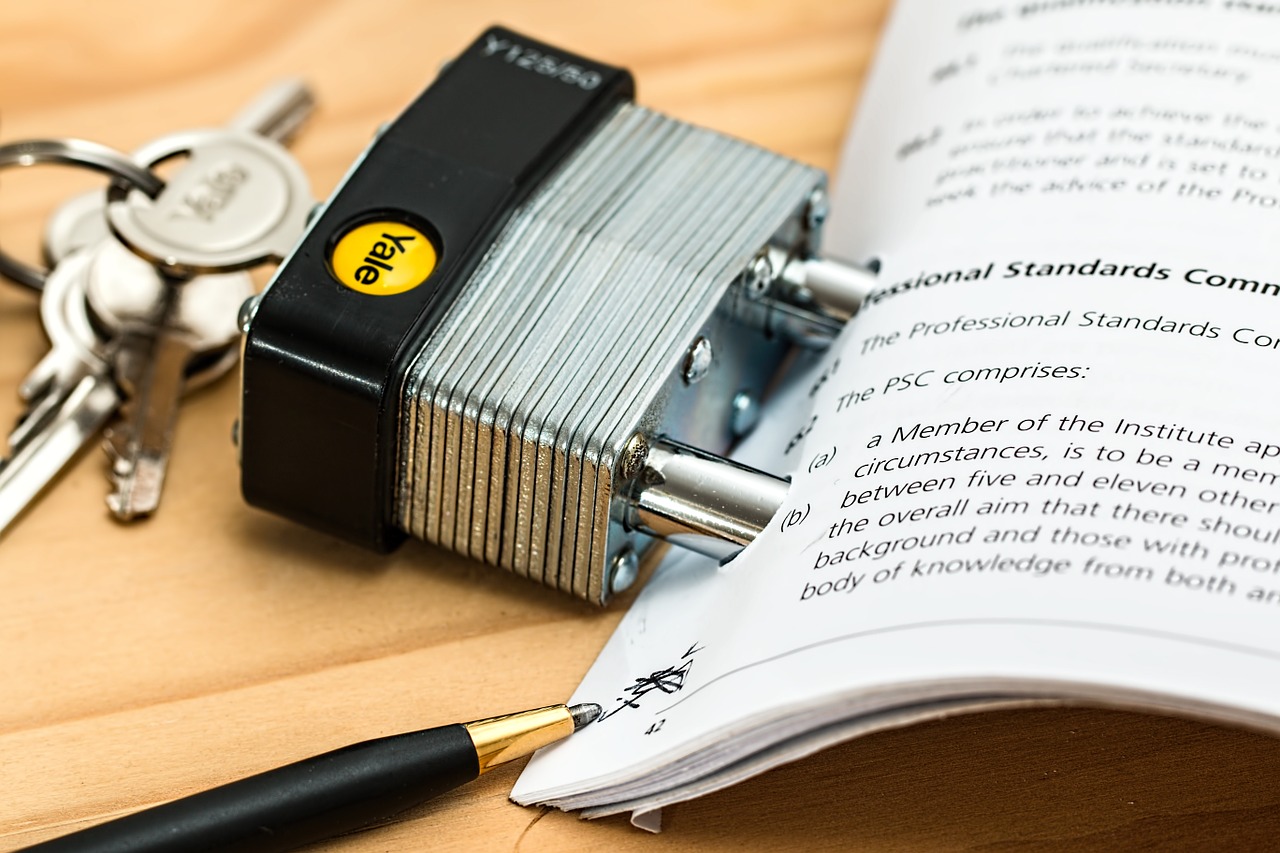Third Party Disclosure Applications

A person accused of a crime is entitled to virtually automatic disclosure of all the information in possession of the Crown and the police that were created as a result of the investigation of the accused that are not clearly irrelevant.
However, sometimes highly relevant information may in possession of a third party or institution. How does an accused get that disclosure? In this situation the accused is required to make what is often referred to as a “third party disclosure application”. They are also referred to as an “O’Connor Application” which comes from the name of the case that for years and perhaps still is the leading case on the law of third party records applications.
These applications are not straightforward and generate a great deal of extra work and court time for the lawyer instructed by his client to make the application. There is nothing wrong with that, except that a person who wants his lawyer to go down this road must reasonably expect their legal fees to go up accordingly. Mr. van der Walle has had the experience in the past where particularly vitriolic clients demand that he pursue all kinds of third part disclosure records such as cell phone records but then they become unhappy and even more vitriolic when Mr. van der Walle tells them that will have to pay him more money.
To make a third party records application a number of steps are involved. These were succinctly summarized by the Supreme Court of Canada:
(1) The accused first obtains a subpoena duces tecum under ss. 698(1) and 700(1) of the Criminal Code and serves it on the third party record holder. The subpoena compels the person to whom it is directed to attend court with the targeted records or materials.
(2) The accused also brings an application, supported by appropriate affidavit evidence, showing that the records sought are likely to be relevant in his or her trial. Notice of the application is given to the prosecuting Crown, the person who is the subject of the records and any other person who may have a privacy interest in the records targeted for production.
(3) The O’Connor application is brought before the judge seized with the trial, although it may be heard before the trial commences. If production is unopposed, of course, the application for production becomes moot and there is no need for a hearing.
(4) If the record holder or some other interested person advances a well-founded claim that the targeted documents are privileged, in all but the rarest cases where the accused’s innocence is at stake, the existence of privilege will effectively bar the accused’s application for production of the targeted documents, regardless of their relevance. Issues of privilege are therefore best resolved at the outset of the O’Connor process.
(5) Where privilege is not in question, the judge determines whether production should be compelled in accordance with the two-stage test established in O’Connor. At the first stage, if satisfied that the record is likely relevant to the proceeding against the accused, the judge may order production of the record for the court’s inspection. At the next stage, with the records in hand, the judge determines whether, and to what extent, production should be ordered to the accused.
As can be seen, the relevancy test for a third party records application is different than the test for relevancy for information in possession of the Crown that was created as a result of the investigation of the accused. While an accused need only demonstrate “possible relevancy” to get the information the Crown has possession of, the accused must demonstrate “likely relevance” of the third party records. This means the application cannot be a fishing expedition into anything that might be revealed by the disclosure, the defence must point out why the information is likely to exist in the records sought and why it will be relevant to his defence.
Third party record applications are complicated and time consuming. You should only instruct your lawyer to make one if you are confident that the records will reveal something that is important to your defence. Make sure you explain to your lawyer exactly what you think will be in the records so the lawyer can advise you on how that will help your defence. Keep in mind that third party records applications take time and will very likely result in your legal fees being higher so they should only be made in cases in which they will clearly help the defence win the case.
Related Stories
Why You Should Hire a Vernon Criminal Defense Attorney
As a whole, the Canadian justice system is very fair. The accused enjoy the right to be present and be heard in court, the right to remain silent, and the right to representation by legal counsel. That last right is one of the most important rights of all. This is...
Does drug addiction cause more crime?
Many in Canada often associate drugs with crime, and in many cases, the possession or use of drugs is itself a crime. More recently, a spotlight has been placed on drug-related incidents due to the opioid crisis afflicting the nation. Sociologists have spent decades...
Bad IRP Decision? What Can You Do About It?
Bad IRP Decision? What Can You Do About It? Drivers who are caught driving under the influence by the police may receive an Immediate Roadside Prohibition (IRP) on driving. An IRP is a temporary driving suspension that prevents the recipient from driving for a set...
REQUEST A FREE CONSULTATION
Call 1.866.706.8857
Or fill out the form below to receive a free and confidential initial consultation.
